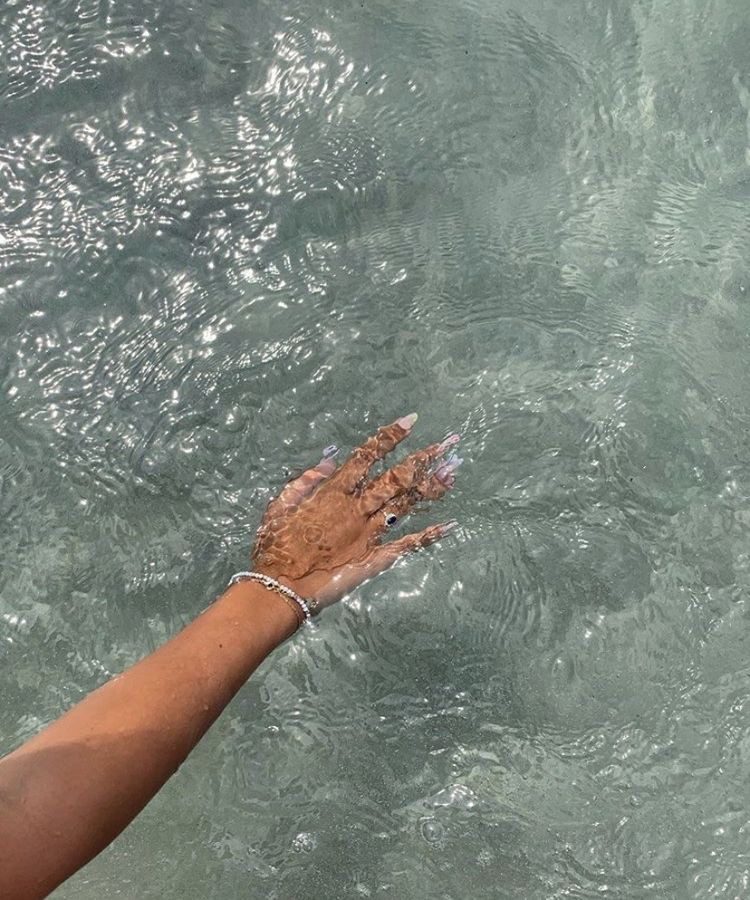aescend aesthetics
The Importance of Water for Skin

Moisture is the essence of wetness and wetness is the essence of beauty – Derek Zoolander.
Fact.
When it comes to achieving healthy and radiant skin, we often invest in an array of skin care products, adopt elaborate routines, and follow the latest beauty trends. However, amidst this pursuit of a flawless complexion, we might overlook a fundamental yet easily accessible ingredient: water. The significance of water for skin health cannot be overstated, as hydration plays a pivotal role in maintaining the skin’s overall appearance, elasticity, and vitality.
And despite the cold weather, winter is one of the most important times to drink up!
The Skin’s Relationship with Water
Our skin is the body’s largest organ, and just like any other organ, it requires adequate hydration to function optimally. The skin is composed of cells, and these cells are like tiny water balloons that need to be filled to maintain their plumpness and firmness. Dehydrated skin can appear dull, lackluster, and prone to fine lines and wrinkles. Moreover, insufficient hydration can compromise the skin’s natural barrier function, making it more susceptible to irritants, allergens, and environmental stressors.
Benefits of Hydrated Skin
1. Youthful Appearance
Well-hydrated skin tends to have a more youthful and radiant appearance. When skin cells are properly hydrated, they maintain their structure and integrity, leading to smoother texture and a reduction in the visibility of fine lines and wrinkles.
2. Improved Elasticity
Hydration contributes significantly to the skin’s elasticity, which is its ability to bounce back after being stretched. Adequately hydrated skin is more supple and pliable, making it less prone to sagging or showing signs of premature aging.
3. Natural Glow
Hydrated skin reflects light more effectively, resulting in a natural and healthy glow. This glow comes from the skin’s outermost layer, which is smoother and more reflective when well-hydrated.
4. Even Skin Tone
Water helps to flush out toxins from the body, which can have a positive impact on the skin’s overall tone and complexion. Proper hydration aids in maintaining an even skin tone by supporting the removal of waste products and promoting healthy circulation.
5. Faster Healing
Hydrated skin is better equipped to heal itself. If you have cuts, scrapes, or other minor skin irritations, well-hydrated skin can recover more quickly and effectively.
Tips for Keeping Your Skin Hydrated
Maintaining hydrated skin involves a combination of internal and external practices. Here are some tips to ensure your skin stays well-nourished with water:
1. Drink Plenty of Water
The first and most obvious step is to ensure you’re drinking an adequate amount of water throughout the day. Aim for at least 8 glasses (about 2 liters) daily, and more if you’re physically active or in a hot environment.
2. Moisturize Regularly
Using a good quality moisturizer is essential to lock in hydration. Look for products that contain ingredients like hyaluronic acid, glycerin, and ceramides, which help attract and retain moisture in the skin.
3. Humidify Your Environment
If you live in a dry climate or spend a lot of time in air-conditioned or heated environments, consider using a humidifier to add moisture to the air. This can help prevent your skin from becoming parched.
4. Choose Hydrating Skincare Products
Opt for gentle cleansers that don’t strip your skin of its natural oils, and incorporate hydrating serums or facial oils into your routine to give your skin an extra moisture boost.
5. Eat Hydrating Foods
Fruits and vegetables with high water content, such as cucumbers, watermelon, and oranges, can contribute to your overall hydration levels.
Water is not just essential for quenching your thirst—it’s also a vital ingredient for maintaining healthy, vibrant skin. Prioritising hydration through proper skincare and lifestyle choices can lead to a noticeable improvement in your skin’s appearance and overall well-being. So, the next time you reach for that moisturiser or that glass of water, remember that you’re not just quenching your skin’s thirst, but also promoting its long-term health and beauty.
Good lord! Drink up! #h2ooooohhhh
Are you struggling with skin that is dull or dry? Check out our treatments and products for dull, dry skin; or book to see an Aescend artisan today



